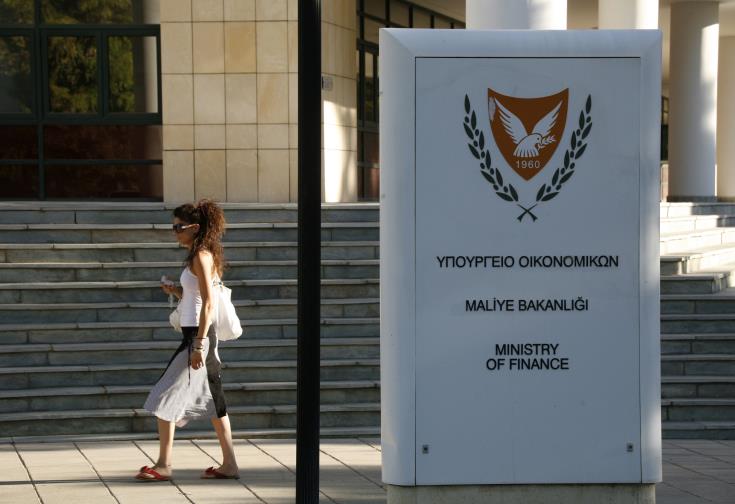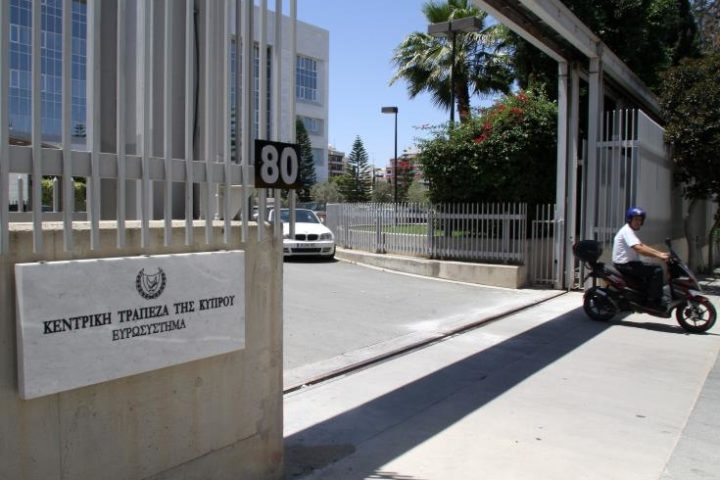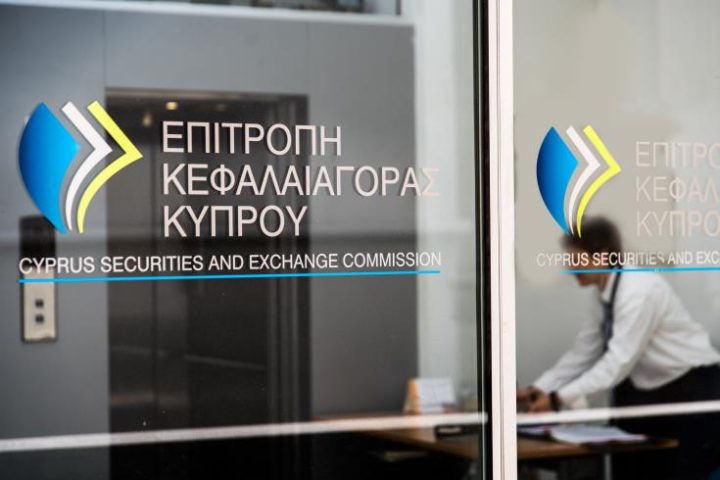Finance Minister Makis Keravnos is launching one more effort to convince Cypriot banks to absorb part of the increase in mortgage rates as he meets the banking association on Tuesday.
The meeting follows two consecutive calls made by the minister to lower lending rates to prevent a new toxic loan crisis, looming after six consecutive increases in interest rates by the European Central Bank.
Following the ECB’s latest decision in mid-March, the interest on refinancing operations stood at 3.5% and for deposits at 3%.
The average mortgage rate in July was 2.5%, and the maximum could reach 3%.
As reported by the Association for the Protection of Borrowers (Syprodat), Cypriot banks are following an upward trend of interest rates on loans, charging between 3.50% and 6.50%.
Meanwhile, indications from the ECB point to another increase of 25 to 50 base points in the coming weeks.
Keravnos will aim to exert pressure on the island’s banking sector to consider the financial difficulties households face as inflation continues to hike, eating away at their income.
Media reports have the minister set to propose that banks follow a model in Greece, which saw the introduction of a cap on lending rates and simultaneously targeted absorption of part of the profit they secure from the increase in interest rates.
Greece’s four largest banks will absorb any further interest rate hikes on mortgages for 12 months from May to help households cope with rising costs.
Another proposal on the table is for each banking institution to lock in its own interest rates by the end of the month and not readjust them should the ECB impose a new increase.
Meanwhile, bankers are wary of the minister’s proposals; they argue that any decisions made on the contentious issue of interest rates need to weigh risks carefully.
Banking sources told the Financial Mirror: “Any decisions should not endanger the sustainability of the banking system, nor should they violate free market and competition rules”.
Sources pointed out Cyprus banks cannot agree on a common line on interest rates, which could be perceived as violating free market rules.
“Each bank will have to take their own decisions on how they will modify their interest rate policies. The ECB will also have to weigh in on the situation,” said a source.
The banking source argued that any change in the agreement between the bank and a borrower, including tweaking interest rate clauses, would be perceived as a restructuring, increasing the borrower’s credit risk.
“This could have a tangible negative impact on bank balance sheets”.










